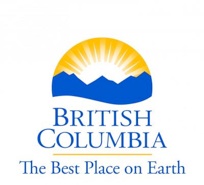PLO’s

It is expected that students will:
Active Living
Knowledge
•assess the positive implications of active living
•describe health-related components of fitness (muscular strength, muscular endurance, cardiovascular endurance, and flexibility) skill-related components of fitness (e.g., agility, speed, reaction time, co-ordination, balance)
•describe principles of training
•describe the importance of assessing their rate of exertion during physical activity
•pursue personal physical activity goals related to health-related components of fitness (muscular strength, muscular endurance, cardiovascular endurance, or flexibility)
Participation
•participate daily in moderate to vigorous physical activity to enhance fitness
•demonstrate a willingness to participate in a wide range of physical activities, including
individual and dual activity games
Movement
•apply fundamental movement skills in structured individual and dual activities
•apply fundamental movement skills in games activities in predictable situations
•relate activity-based movement skills to movement concepts including:
obody awareness (e.g., parts of the body, weight transfer)
ospatial awareness (e.g., personal and general space, directional, pathways, levels, planes)
oqualities of movement (e.g., speed, force, flow)
orelationships (e.g., to people, to objects)
Safety, Fair Play, and Leadership
•demonstrate behaviours that minimize the risk of injury to self and others in physical activity
•follow guidelines for proper use of equipment and facilities
•demonstrate fair play in physical activities across the activity categories
-
•exhibit leadership in specific physical activities

